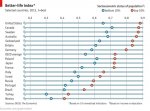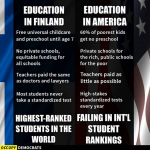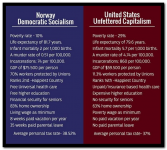CONCLUSION
The purpose of the paper was to compare higher learning systems in Europe and USA. While the higher learning system in USA borrowed concepts from proven European model of the modern university at the beginning, the American system introduced with time some vitally important factors, such as diversity of the system with regard to academic offerings, financial diversification, and a very limited role of government, which propelled American universities, especially after World War II, to the top of international ratings.
Following political unification, Europe got its act together by implementing Bologna process, which when fully implemented would standardize university diplomas across continent allowing for credit transferability and recognition of diplomas ensuring student mobility. Europe, taking lessons from USA higher education model, started to diversify university funding sources, forming private institutions and introducing or increasing significantly tuition fees. Students’ unrests may put some brakes on a pace of inevitable transformations. On other hand, the socio-economic turbulence of 2008 and 2009 years may leave no choice to universities but to pursue the transformation and diversification of their funding sources given current much less generous state support.
As the socio-economic troubles mount, there is a danger that with ever increasing tuition fees American universities would place themselves out of financial reach of the middle class. As a consequence, this would inadvertently scale down social upward mobility, which was a hallmark of American system.
On international front, both European and American educational systems were capable so far to attract large number of international students coming from other continents. But transformations of education systems are sweeping other continents too, which may put a dent in an applicant pool of international students seeking U.S. or European education. This may diminish the role both systems play in the world.

 www.vox.com
www.vox.com





